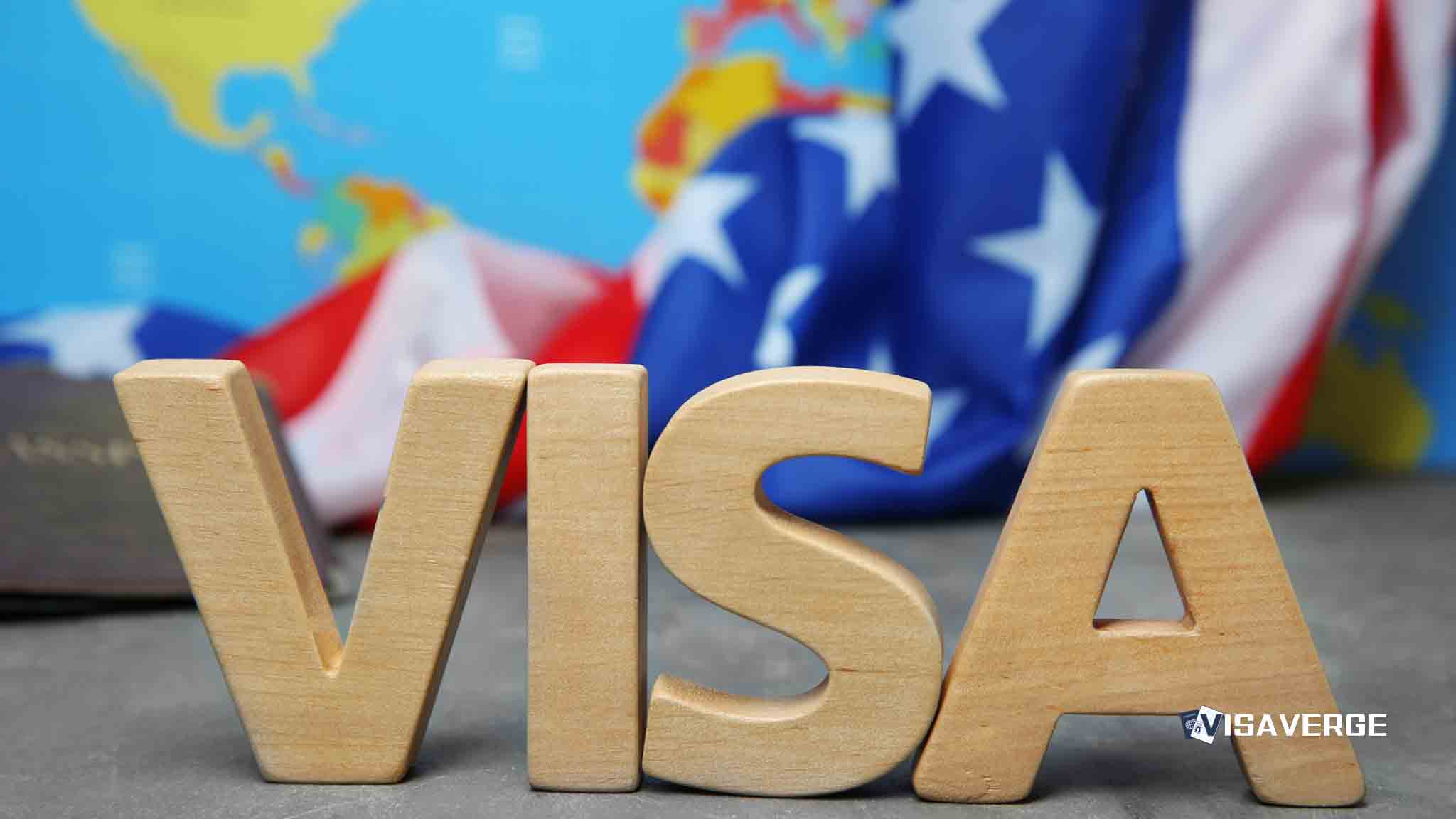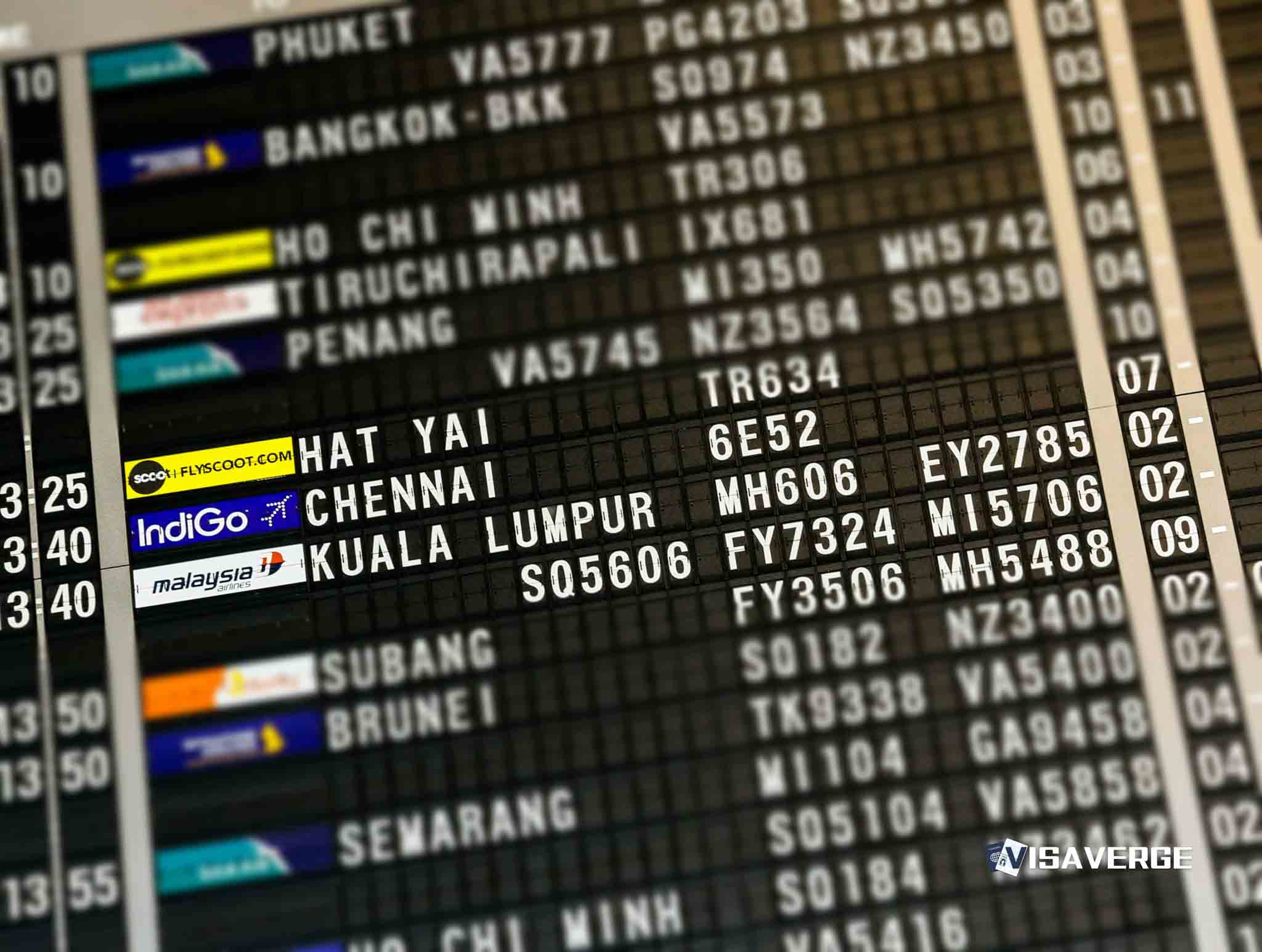Key Takeaways
- Croatia joins unrestricted EU/EFTA workforce access under updated Swiss policies effective January 2025, removing labor market limitations for Croatian nationals.
- ETIAS applies mid-2025, requiring visa-exempt travelers to secure online travel authorization before entering Switzerland or the Schengen Zone.
- Non-EU/EFTA nationals face annual quotas and labor market tests; job offers and required documentation are essential for work visa approvals.
Switzerland, a country renowned for its picturesque landscapes, stable economy, and high standard of living, has emerged as a coveted destination for professionals worldwide. Whether you’re drawn by its innovation-led industries or exceptional quality of life, working in Switzerland requires securing a valid work visa to enter its job market legally. This guide explores everything you need to know about the Switzerland Work Visa, breaking down complex procedures into easy-to-understand steps while addressing challenges and solutions. By keeping up with recent updates, such as changes that affect Croatian nationals and the rollout of the ETIAS system in mid-2025, applicants can chart a clearer path toward success.

Switzerland’s Work Visa System: An Overview
Switzerland’s work visa system is governed by strict policies designed to regulate the inclusion of foreign workers while protecting the interests of local and EU/EFTA citizens. This dual-objective framework ensures domestic job opportunities are prioritized while welcoming professionals whose expertise aligns with the country’s economic needs. To achieve this equilibrium, Switzerland enforces an annual quota for non-EU/EFTA nationals seeking residence and work permits. Understanding these limitations, as well as eligibility criteria, is a vital step for prospective applicants.
As of January 2025, reforms have modernized Switzerland’s migration system, particularly benefiting Croatian nationals, who now enjoy unrestricted access to the workforce under EU/EFTA agreements. Additionally, the European Travel Information and Authorization System (ETIAS), launching later the same year, introduces new conditions for visa-exempt travelers. These updates reflect Switzerland’s dynamic approach to immigration control and workforce planning.
Eligibility Requirements for the Switzerland Work Visa
To secure a work visa in Switzerland, applicants must meet stringent eligibility conditions that underscore their professional qualifications and ability to contribute meaningfully to the Swiss economy. Here are the key criteria:
1. Formal Job Offer
A job offer is the cornerstone of any work visa application. Applicants must secure employment with a Swiss-based company willing to sponsor their visa. The employer must demonstrate to authorities that no Swiss or EU/EFTA resident is suitable or available for the position. This requirement, referred to as a labor market test, is key to approving work visa applications.
2. Educational and Professional Qualifications
Applicants must possess educational qualifications and work experience relevant to their job in Switzerland. Supporting documents, such as diplomas, certifications, and references, help establish their credentials. High-demand roles, including those in healthcare, engineering, and IT, significantly boost approval chances.
3. Language Proficiency
Proficiency in one of Switzerland’s official languages—German, French, Italian, or Romansh—is often a prerequisite for seamless workplace integration and effective communication. Some roles may also accept English, depending on the industry.
4. Health Insurance
Comprehensive health insurance is mandatory for all Swiss residents, including visa applicants. Proof of insurance coverage must be submitted as part of the visa process.
5. Financial Stability
Applicants must demonstrate financial self-sufficiency to cover their living expenses in Switzerland without requiring public assistance.
Switzerland Work Visa Application Process: Step-by-Step Breakdown
The procedural intricacies of obtaining a Switzerland Work Visa involve collaboration between the applicant, their employer, and Swiss immigration authorities. Below is a detailed step-by-step guide:
Step 1: Secure a Job Offer
Obtaining a confirmed employment offer is the first and most critical step. Swiss employers play an active role by initiating the visa application on behalf of the foreign worker.
Step 2: Employer-led Permit Application
Once an employer decides to hire a foreign applicant, they must apply for a work permit through the cantonal migration office. In most cases, employers are required to demonstrate that attempts to recruit Swiss or EU/EFTA nationals were unsuccessful. Exceptions apply to roles in sectors facing labor shortages.
Step 3: Cantonal Review
Permit applications undergo assessment by the cantonal authorities, who evaluate labor market needs, legal compliance, and adherence to immigration quotas.
Step 4: Federal Authorization
Once approved at the cantonal level, applications move to the State Secretariat for Migration (SEM) for another round of evaluation. Federal authorization signifies that all national-level requirements have been met.
Step 5: Visa Submission by Applicant
After the employer secures the necessary permits, the applicant must apply for a work visa at the nearest Swiss embassy, consulate, or visa center in their country of residence. Supporting documents include proof of employment, health insurance, and financial means.
Step 6: Arrival and Registration
Following visa approval, workers traveling to Switzerland must register with local authorities in their residential canton within 14 days. Registration finalizes the legal right to work and live in Switzerland.
Key Documents Checklist
Applicants should gather the following documentation to simplify the submission process:
- Completed visa application form.
- Passport valid for at least six months beyond intended stay.
- Employment contract from a Swiss employer.
- Proof of educational qualifications and certificates.
- Up-to-date résumé and cover letter, if required.
- Health insurance certificate valid in Switzerland.
- Evidence of financial resources, such as bank statements.
- Passport-sized photographs matching official specifications.
- Police clearance or criminal record certificate, if requested.
Carefully reviewing document requirements and ensuring completeness is critical to avoiding delays or rejections.
Processing Times and Costs
The processing time for Switzerland Work Visas depends on factors such as nationality, permit type, and the workload at local or federal authorities. On average:
- Employer-led work permit applications take between 4 to 12 weeks to process.
- Visa issuance from consulates often adds another 2 to 4 weeks.
Early preparation is recommended to account for these timelines. Fees associated with applying are generally modest but may include costs for document translation, notarization, and legal consultancy when necessary.
Adjustments for Croatian Nationals in 2025
As of January 2025, Croatian nationals no longer face labor market constraints under EU/EFTA agreements. This development simplifies their application process, eliminating work permit quotas and pre-approval requirements. Employers hiring Croatian professionals also benefit from reduced administrative obligations, enhancing the country’s appeal for skilled Croatian workers.
ETIAS and Its Implications for Non-EU Nationals
In mid-2025, the European Travel Information and Authorization System (ETIAS) will apply to travelers from visa-exempt countries seeking entry to the Schengen Zone, including Switzerland. Under ETIAS, individuals must submit a travel authorization application online before arriving. This requirement impacts visa-exempt nationalities intending to work in Switzerland, adding another layer to the application procedure.
For more detailed information about ETIAS, visit the official Schengen Visa Info website.
Challenges in the Application Process: Solutions Made Simple
1. Quota-barrier Challenges
Non-EU/EFTA nationals often find themselves constrained by annual quotas. By targeting roles in less competitive industries or applying through employers familiar with Swiss immigration laws, applicants can improve their chances.
2. Language Concerns
Even moderate fluency in a regional language can lend significant credibility to applications. Language courses or certifications bolster an individual’s profile.
3. Documentary Missteps
Completing the application thoroughly and accurately while adhering to requirement specifics is fundamental. Seeking advice from immigration service providers can mitigate potential errors.
Benefits of a Switzerland Work Visa
Holding a valid Switzerland Work Visa opens the door to opportunities in cutting-edge fields like financial services, pharmaceuticals, and technology. Beyond professional growth, it grants access to social benefits like world-class healthcare, educational facilities, and pathways to permanent residency or citizenship. According to VisaVerge.com, professionals increasingly view Swiss work visas as a stepping stone toward long-term stability and prosperity in Europe 🇨🇭.
Conclusion
With the right preparation and adherence to Switzerland’s precise immigration system, acquiring a work visa can lead to meaningful career opportunities. Start your process early, understand new regulations—especially those that impact Croatian nationals and ETIAS participants—and gather complete documentation. By meeting Swiss standards, you can not only work in one of Europe’s most stable economies but also enjoy the lifestyle advantages that Switzerland 🇨🇭 offers.
Learn Today
Switzerland Work Visa
→ A permit allowing non-citizens to work legally in Switzerland under specific eligibility criteria and quotas.
Labor Market Test → Evaluation ensuring no Swiss or EU/EFTA resident is available for a job before hiring a non-EU/EFTA worker.
Cantonal Migration Office → Regional authority in Switzerland responsible for reviewing and processing work and residence permit applications.
ETIAS (European Travel Information and Authorization System) → An upcoming system requiring visa-exempt travelers to pre-apply online for entry into the Schengen Zone, including Switzerland.
Quota-Barrier → Annual limit on the number of permits issued to non-EU/EFTA nationals, impacting their job application success.
This Article in a Nutshell
Dreaming of working in Switzerland? With its thriving economy and stunning landscapes, it’s a top choice for professionals. However, obtaining a Switzerland Work Visa is critical. From securing a job offer to navigating strict quotas, preparation is key. Stay proactive, follow updated policies, and unlock unparalleled career opportunities in this Alpine paradise.
— By VisaVerge.com
Read more:
• Switzerland Visa Reform: Changes to Schengen System
• EFTA Agreement: Switzerland-India Trade Boost with Relaxed Visa Rules and $100 Billion Deal
• Switzerland Joins Visa-Free Access to China: What You Should Know
• Essential Documents for Traveling to Switzerland
• Your Guide to Getting a Visa for Switzerland







